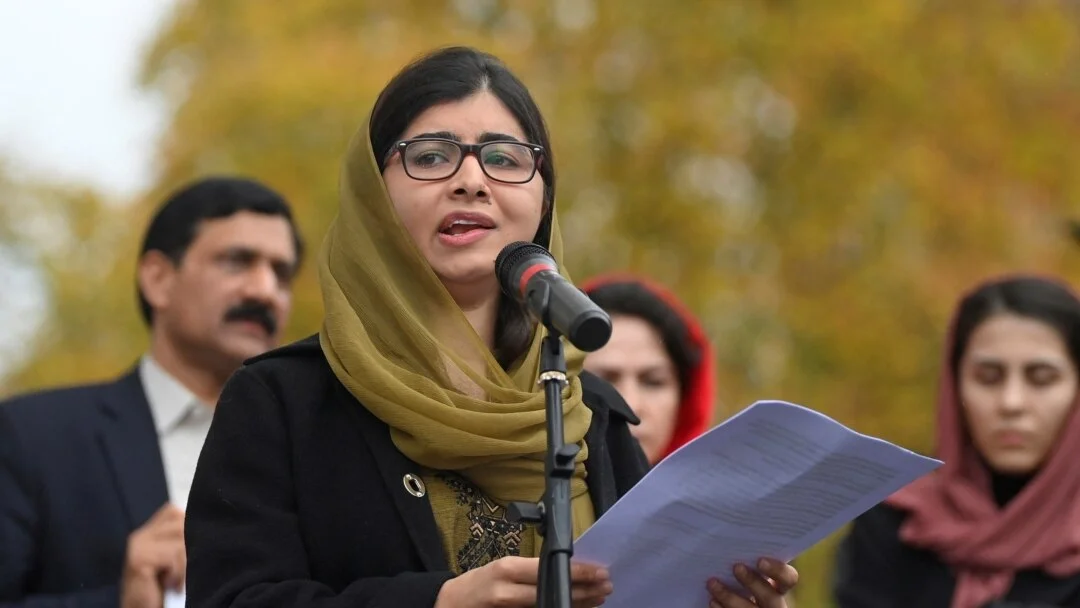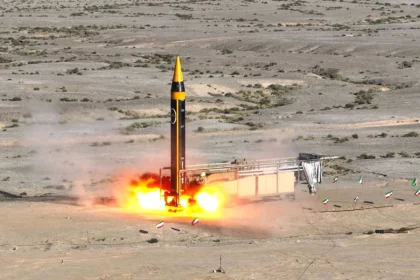Nobel Peace Prize laureate Malala Yousafzai has criticized the Taliban for banning women in two provinces of Afghanistan from participating in Eid ul Fitr celebrations with their families and friends. The Taliban, which recently seized control of Afghanistan, issued notifications stating that women cannot go out in groups during the days of Eid ul Fitr in the provinces of Takhar and Baghlan.
In response to the ban, Malala took to Twitter to express her concerns, saying, “As Muslims around the world gather for Eid, my heart goes out to women and girls in Afghanistan, as the Taliban have banned women in two provinces from participating in celebrations with their families and friends.”
The ban on women’s participation in Eid gatherings is not the first such measure taken by the Taliban. Earlier this month, the group banned families and women from entering restaurants with gardens and green spaces in the Herat province. The Taliban authorities claimed that the ban was enforced after religious scholars and members of the public complained about the mixing of genders in such spaces.
The measures taken by the Taliban have triggered a fierce international uproar and increased Afghanistan’s isolation at a time when its economy has collapsed, worsening the humanitarian crisis. The ban on women’s participation in public spaces like parks and gyms has been criticized by several human rights organizations, including the United Nations.
In his Eid message, the Taliban’s supreme leader, Hibatullah Akhundzada, praised the interim government for making “progress” after taking over Afghanistan in August 2021. He also extolled “living in the light” of Sharia or Islamic law, a move that has raised concerns among human rights activists regarding the protection of women’s rights in the country.
Malala, who was shot by the Taliban in 2012 for advocating for girls’ education, has been an outspoken advocate for women’s rights and education. Her criticism of the Taliban’s Eid ban on women highlights the continuing struggle for women’s rights in Afghanistan and the need for sustained international support.




